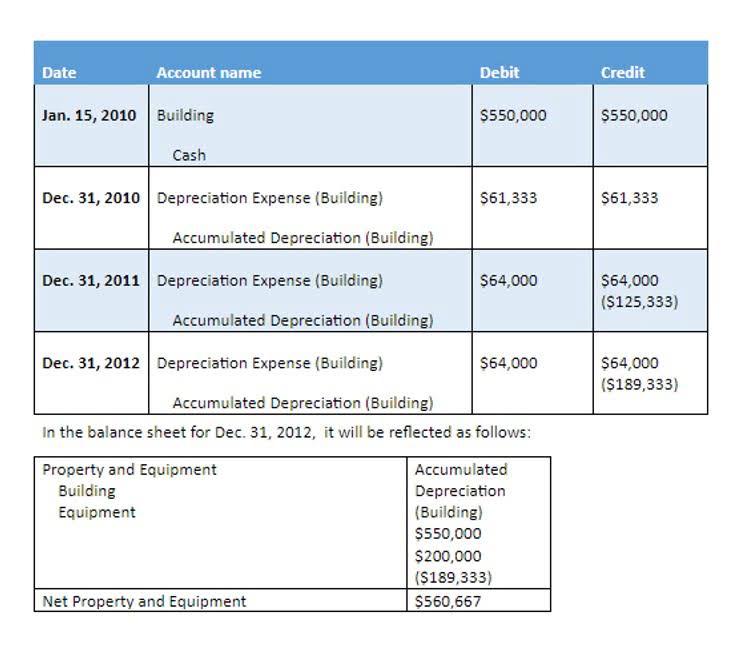
The invoice will show the main details such as date, invoice number, quantity, description, cost, total, payment terms. When a business buys the products or services it will receive a purchase invoice and when the business sells products or services it will provide a sales invoice to the customer. This usually comes up when there are foreign currency transactions to what is a bookkeeper be dealt with. When a business is given an invoice by an overseas supplier in a foreign currency, it has to be converted into the local currency when being entered into the accounts. When it is time to make the payment the local currency has to be converted into the foreign currency by the bank. Special pre-printed slips of paper in book format produced by the bank.
Bookkeeping period
Now one bookkeeper can manage the bookkeeping for several businesses in fewer than eight hours a day. Bookkeeping is broadly defined as the recording of financial transactions for a business. It’s a key component of the accounting process and can be done as frequently as daily, weekly or monthly. Accurate bookkeeping is vital to filing tax returns and having the financial insights to make sound business decisions.
- These items are kept in a store room of some sorts and a strict record kept of the number of items on hand at any given time.
- Learn more about what bookkeepers do and how to get started in this career.
- The double entry system provides checks and balances by recording corresponding credit entry for each debit entry.
- Expenses are found on the profit and loss report and can be used to reduce the amount of tax owed to the government.
- The balance sheet shows the financial condition of a company at a particular date in terms of assets, liabilities, and the ownership equity.
- The ledger is important in double-entry bookkeeping where each transaction changes at least two sub-ledger accounts.
Related AccountingTools Courses
Posting entries regularly helps in generating on-time financial statements or reports. Entries in bookkeeping are recorded in the archaic method of journal entry. Here, the respective individual or accountant manually enters the account numbers and performs individual action of debits and credits for each transaction. This approach is time-consuming and subject to error, and so is usually reserved for adjustments and special entries.
- Xero is a great option if you deal with any international transactions or have multiple currencies.
- The reports generated by various streams of accounting, such as cost accounting and managerial accounting, are invaluable in helping management make informed business decisions.
- Banks provide business advice and can advances loans to businesses for growth.
- In short, once a business is up and running, spending extra time and money on maintaining proper records is critical.
- The bit ofpaper that accompanies the cash or cheques and which details what bank accountthe funds should be paid into, the amount of the deposit and the date of thedeposit.
Types of Bookkeeping Accounts Used To Organize Income and Expenses
It is important to possess sharp logic skills and big-picture problem-solving abilities, as well. While bookkeepers make sure the small pieces fit properly into place, accountants use those small pieces to draw much more significant and broader conclusions. Luca Pacioli is considered “The Father of Accounting and Bookkeeping” due to his contributions to the development of accounting as a profession. An Italian mathematician and friend of Leonardo da Vinci, Pacioli published a book on the double-entry system of bookkeeping in 1494.
Tax Accounting
Accounting Explained With Brief History and Modern Job Requirements – Investopedia
Accounting Explained With Brief History and Modern Job Requirements.
Posted: Mon, 27 Mar 2017 02:53:01 GMT [source]
Business transactions can be recorded by hand in a journal or an Excel spreadsheet. To make things easier, many companies opt to use bookkeeping software to keep track of their financial history. https://www.bookstime.com/articles/small-businesses-bookkeeping A small business can likely do all its own bookkeeping using accounting software. Many of the operations are automated in the software, making it easy to get accurate debits and credits entered.
- A bookkeeper is primarily responsible to record and track a company’s financial transactions which include, purchases, sales and expenses.
- Accountants, on the other hand, use the information provided by bookkeepers to summarize a business’s financial position and render financial advice to the business owner.
- His book became the teaching tool for bookkeeping and accounting for the next several hundred years.
- The goal of both reports is to be easy to comprehend so that all readers can grasp how well the business is doing.
- Accountants also provide other services, such as performing periodic audits or preparing ad-hoc management reports.
- Fifty states plus the District of Columbia require accountants to earn 150 credit hours of college education before taking the national four-part Uniform CPA exam.

Markups are calculated either as a percentage of the price it cost to buy it, or set as a fixed calculation such as doubling the cost price. A loss occurs when the gross profit of a business is less than the expenses the business has to pay to keep the business running. Aterm used to describe the allocation of a transaction amount to an account inthe chart of accounts. A portion of sales earned by an individual or business who is selling a product owned by another individual or business.
What Are the Responsibilities of an Accountant?







